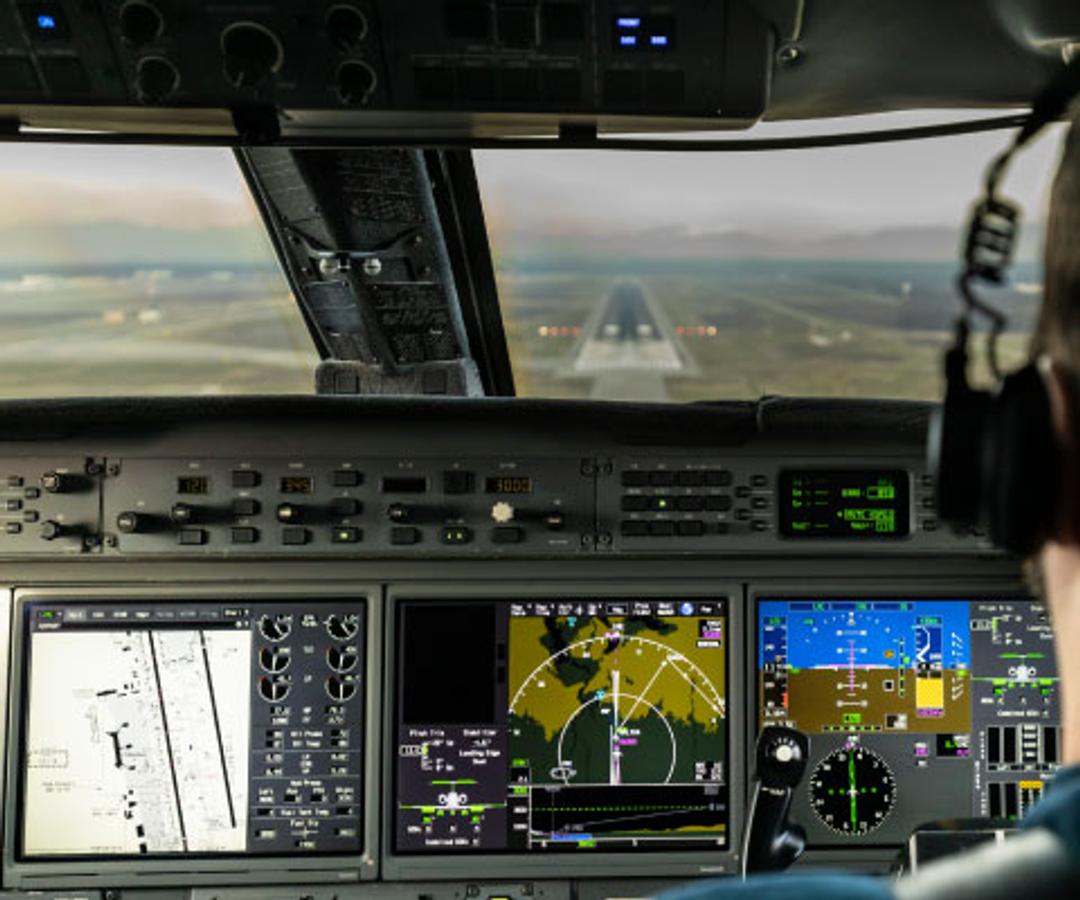
Negotiating salary can be a daunting task for anyone, but especially for professionals in high-stakes industries like aviation. For corporate pilots, salary is often tied to a complex mix of factors, including experience, aircraft type, flight hours, benefits, and company size. Understanding these elements is crucial when entering salary negotiations.
Factors to Consider When Negotiating Your Salary
- Experience and Certifications: Your skill set and certifications are fundamental to your value. Pilots with extensive experience, particularly on specific aircraft models, hold a stronger negotiating position. Advanced certifications, such as type ratings or instrument ratings, can also increase your earning potential.
- Aircraft Type: The type of aircraft you fly significantly impacts your salary. Certain type ratings, especially those for high demand aircraft, can significantly enhance your market value.
- Annual Flight Hours: Your annual flight hours are a key factor. Pilots with more flight hours generally have higher earning potential.
- Benefits Package: Beyond base salary, consider the entire compensation package. Benefits such as health insurance, retirement plans, paid time off, and bonuses can substantially impact your overall compensation.
- Company Size and Reputation: Larger, more established companies often offer higher salaries and better benefits. However, smaller companies might provide opportunities for career growth and ownership stakes.
- Economic Conditions: The overall economic climate can influence salary negotiations. During periods of economic growth, pilots may have more leverage, while recessions can impact salary expectations.
- Cost of Living: The location of the company and your personal living expenses should be factored into your salary expectations. A higher cost of living area may require a higher salary to maintain your desired lifestyle.
- Industry Standards: Research industry salary standards to understand the market rate for your experience and position. This information can help you set realistic expectations.
- Overnights and Quality of Life: The number of hours flown annually, frequency of overnights, and overall work-life balance significantly impact job satisfaction and should be considered in salary negotiations. Some pilots prioritize higher pay which comes with more flight hours and overnights, while others value a better work-life balance with fewer hours and less travel.
Negotiation Tips
- Know Your Worth: Understand your value to the company. Highlight your skills, experience, and contributions.
- Research the Company: Learn about the company's financial performance, recent hires, and salary ranges.
- Be Prepared: Practice your negotiation points and be ready to discuss your salary expectations confidently.
- Focus on Value, Not Just Salary: Emphasize the value you bring to the company, such as increased efficiency or safety.
- Be Open to Negotiation: Flexibility can lead to a mutually beneficial agreement.
- Consider the Bigger Picture: Look beyond the base salary and consider the entire compensation package.
Remember, salary negotiation is a two-way street. It's essential to approach the conversation professionally and respectfully. By understanding the factors that influence your salary and preparing effectively, you can increase your chances of achieving a fair and competitive compensation package.
Not a member yet? Register for an account today to join us!
Contact us
Connect with Our Team! We’d love to hear from you! Please get in touch




